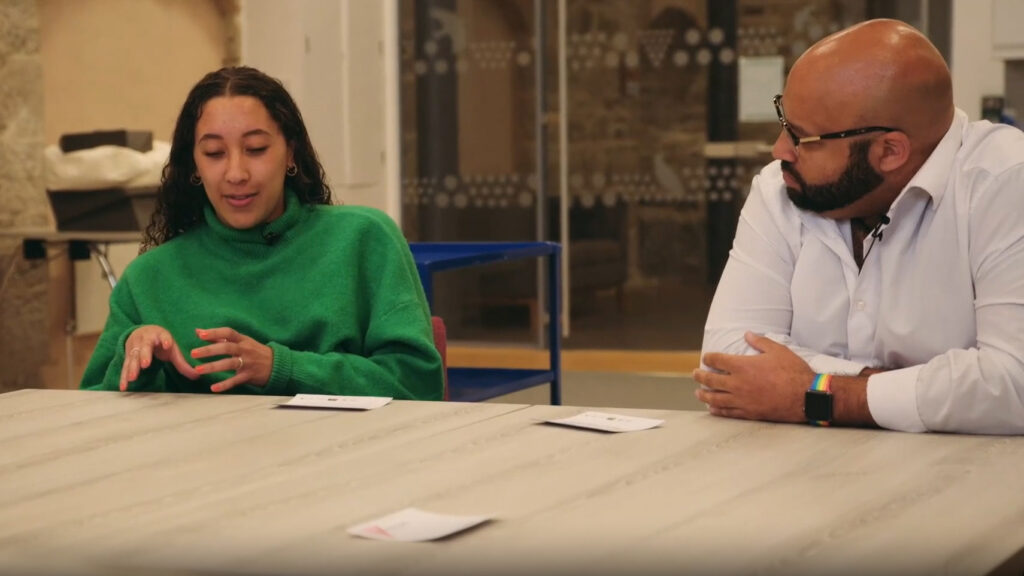Inclusive histories | To Whom Does This Belong

Films can help us to explore cultural heritage and the world around us in profound ways. Our short film To Whom Does This Belong is testament to the power of collaboration and the impact it can have on the communities whose stories are being told.
Museum X began this journey with Cornwall Museums Partnership after the first lockdown of 2020. In 2021 we adapted a co-design approach through a series of open conversations with our community partner Black Voices Cornwall. Following subsequent lockdowns and multiple pauses, our wonderful site visits to Cornwall have resulted in a profound shift in our collective museum practice.
Through the support from Cornwall Museums Partnership, we commissioned two award winning documentary film makers: Caroline Deeds of Falmouth University and Pitch Films, and Ashton John, a documentary film maker from East London. We also worked closely with archivists from PK Porthcurno, Museum of Global Communications and Chloe Philips, former learning lead for Cornwall’s archive, Kresen Kernow.
The film sensitively portrays a small group of members from Black Voices Cornwall as they handle and explore ephemera from PK Porthcurno, a fascinating museum documenting global telecommunications and telegram cables that started in Cornwall.
The group also encounters local registrars and a journal from 1848-49 that documents Cornwall’s historical links to the transatlantic trade of Africans and includes harrowing accounts of brutality.
Working as a team, the film has been a process of deep reflection and contemplation. We leaned on the expertise and wisdom of incredible people like Jean Campbell, a specialist trainer in teaching the transatlantic slave trade with school groups and dealing with the racialised violence contained in historical museum collections, and Malcolm Phillips, a psychotherapist and trainer supporting people to find their own tools to process racialised trauma, who facilitated an additional supportive space for members following the initial workshop at Kresen Kernow.
What are the key lessons learned?
- We must understand both the historical and cultural significance of archives and museum collections that reveal legacies of Black presence and experience in Britain when we work with people of the African diaspora.
- A co-design approach can be effective when working with people and transatlantic slave trade collections where racialised trauma is recognised as a key component of the process.
- Introduce all project members to have frank and candid discussion on the material preselection and identify any gaps in learning and support needs from the project team.
- Prioritising wellbeing means other elements of the project may need to change – budgets, timescales and deadlines are flexible compared to your team or your participants’ wellbeing needs.
- Involve group members in all stages of the editing process – keep the transparency and allow time for feedback and support – we found sharing food together an invaluable part of the process!
- Think about setting the tone for comms and media in the planning stages – what are the key messages communicated to wider audiences?
- Create space for finding joy in between the cracks – keep the momentum with creative activities for personal reflection and contemplation relevant to the needs of the group.
To find out more about the film please visit Museum X, to discuss use of the film for future workshops or events please contact: Sandra Shakespeare, Museum X: sandra@themuseumx.com, Charlotte Morgan, Cornwall Museums Partnership: charlotte@cornwallmuseumspartnership.org.uk.
Inclusive Histories
Narrating our shared past in polarised times
This commentary is an extract from a new report by British Future – ‘Inclusive Histories: Narrating our shared past in polarised times’.